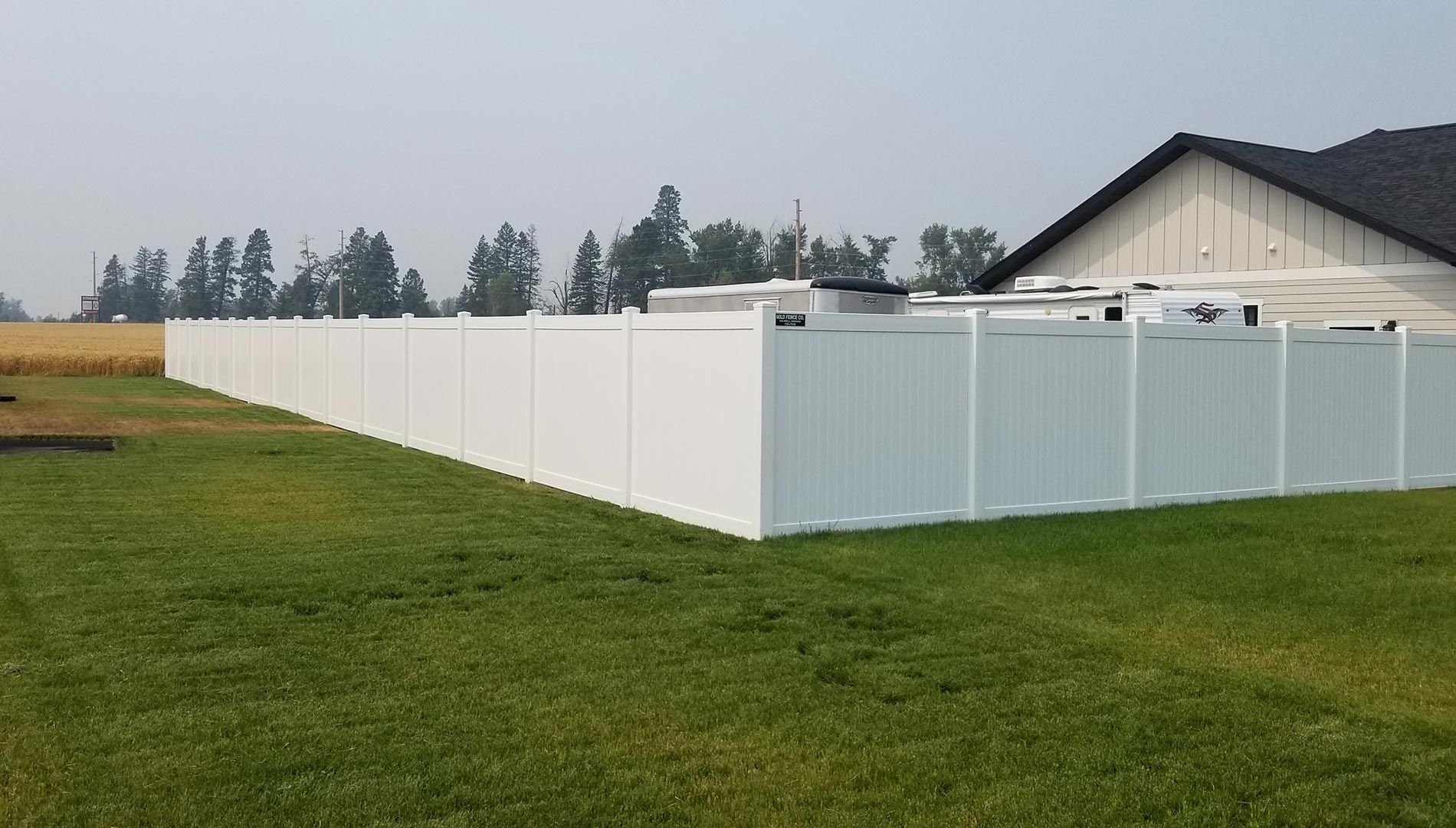Fence upkeep doesn’t always require expert help. With the proper tools and a little know-how, you can manage many standard issues yourself and save on repair costs. Here’s a simple guide to DIY fence care.
The Must-Have Tools for Fence Care
Before diving into fence maintenance, make sure you have the right tools on hand. Here's a list of essentials for most DIY fence care projects:
- Hammer – For repairing loose nails or fixing broken boards
- Screwdriver – Perfect for adjusting screws in both wood and metal fences
- Post Level – Use a post level to guarantee your fence posts are perfectly aligned.
- Paint or Stain – Using paint or stain protects wood from the elements and prolongs its lifespan.
- Wire Cutters – Useful for trimming wire fences or cutting away tangled vines
Step-by-Step Fence Repair Guide
Repairing a Loose Board
A loose or broken board is an easy fix with the right tools. Here’s a step-by-step guide to help you repair it:
- Remove any loose nails or screws using a hammer or screwdriver.
- Reposition the board and fasten it with fresh nails or screws.
- For added stability, add a corner bracket or reinforcement if necessary.
How to Stain and Seal Wooden Fences
Staining or sealing your wooden fence helps protect it from weather damage and keeps it looking fresh:
- Start by cleaning the fence well to remove any dirt, debris, and mildew.
- Pick a stain or sealant that is designed for outdoor use.
- Use a brush or sprayer to apply the stain, starting from the top and working your way down.
- Let the stain dry fully before using the fence again.
Knowing Your Limits: When to Seek Help
Some fence issues go beyond DIY repairs. While simple tasks like tightening screws or replacing damaged boards are easy, complex problems might need expert attention:
- If you notice significant structural damage, such as leaning posts or a sagging fence, it’s time to call a pro.
- Electric or high-security fences that require specialized knowledge.
- Major weather damage that could compromise the integrity of the entire fence.
If you're unsure whether your repair is beyond your skill level, it's always better to call a pro. It can save you time, money, and potential frustration in the long run.
